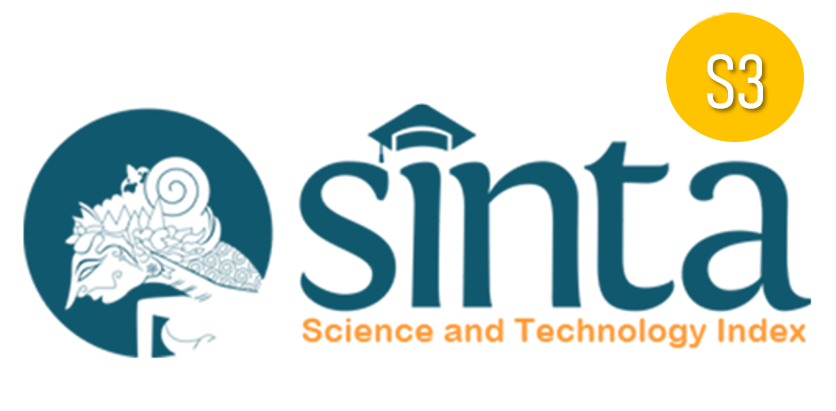Undergraduates’ Awareness of the Use of Technological Tools for Information Collection and Analysis
Abstract
Keywords
Full Text:
PDFReferences
Aborishade, O. P. (2013). Data collection and new technology. International Journal of Educational Technology (iJET), 8(2), 48-52.
Alordiahb, C. O., Osagiede, M. A., Omumu, F. C., Okokoyo, I. E., Emiko-Agbajor, H. T., O., C., Chenube, O., and Oji, J. (2023). Awareness, knowledge, and utilization of online digital tools for literature review in educational research. ScienceDirect, 9(1), 1-12.
Asuquo, E. N., Onasanya, S. A., Onasanya, T. O., and A., A. G. (2022). Effect of Glogstar on students’academic ahievement in selected Basic Technology concepts. Asian Journal of Science and Engineering Education, 2(1), 97-110.
Bebell, D., O’Dwyer, L. M., Russell, M., and Hoffmann, T. (2010). Concerns, considerations, and new ideas for data collection and research in educational technology studies. Journal of Research on Technology in Education, 43(1), 29-52.
Farah, Q., Muhammad, S., Muhammad, A., and Islam, A., A., M., I., M. (2019). A review of technological tools in teaching and learning Computer Science. EURASIA Journal of Mathematics, Science and Technology Education, 15(11), 1-17.
Gauld, C. S., Lewis, I. M., White, K. M., Watson, B. C., Rose, C. T., and Fleiter, J. J. (2020). Gender differences in the effectiveness of public education messages aimed at smartphone use among young drivers. Traffic Injury Prevention, 21(2), 127-132.
Laferrière, T., Hamel, C., and Searson, M. (2013). Barriers to a successful implementation of technology integration in educational settings: A case study. Journal of Computer-Assisted Learning, 29(5), 463-473.
Meho, L. I. (2006). E-mail interviewing in qualitative research: A methodological discussion. Journal of the American Society for Information Science and Technology, 10, 64-80
Moosavi, Z. (2020). Challenges faced while researching higher education students in Iran. International Journal of Scientific and Research Publications, 10(7), 80-83.
Onasanya, S. A., and Ayelaagbe, S. O. (2013). Use of multimedia messages via mobile phones in the teaching and learning of French vocabulary in schools. IOSR Journal of Research and Method in Education (IOSR-JRME), 3(2), 1-6.
Onasanya, S. A., Yahya, S. O., Akingbemisilu, A. A., and Ayelaagbe, S. O. (2013). Online social networking and the academic achievement of university students: The experience of selected Nigerian universities. Journal of Information and Knowledge Management. Official publication of International Institute of Science, Technology and Education (IISTE), 3(5), 109-116.
Onasanya, T. O., Attah, J. O., Otemuyiwa, B. I., and Onasanya, S. A. (2021). Impact of the ClassMarker App on the performance of undergraduates in online learning of ICT: The University of Ilorin experience. West African Journal of Open and Flexible Learning, 9(2), 55-74.
Rimando, M., Brace, A. M., Namageyo-Funa, A., Parr, T. L., Sealy, D. A., Davis, T. L., Martinez, L. M., and Christiana, R. W. (2015). Data collection challenges and recommendations for early career researchers. The Qualitative Report, 20(12), 2025-2036.
Wathuge, A., and Sedera, D. (2021). An awareness-based model to minimize the environmental damage of internet usage: A longitudinal study. Twenty-fifth Pacific Asia Conference on Information Systems, 130, 382.
Weston, M. E., and Bain, A. (2010). The end of techno-critique: The naked truth about 1:1 laptop initiatives and educational change. Journal of Technology, Learning and Assessment, 9(6), 1–26.
DOI: https://doi.org/10.17509/ijert.v4i2.60635
Refbacks
- There are currently no refbacks.
Copyright (c) 2023 Universitas Pendidikan Indonesia (UPI)

This work is licensed under a Creative Commons Attribution-ShareAlike 4.0 International License.







.png)




